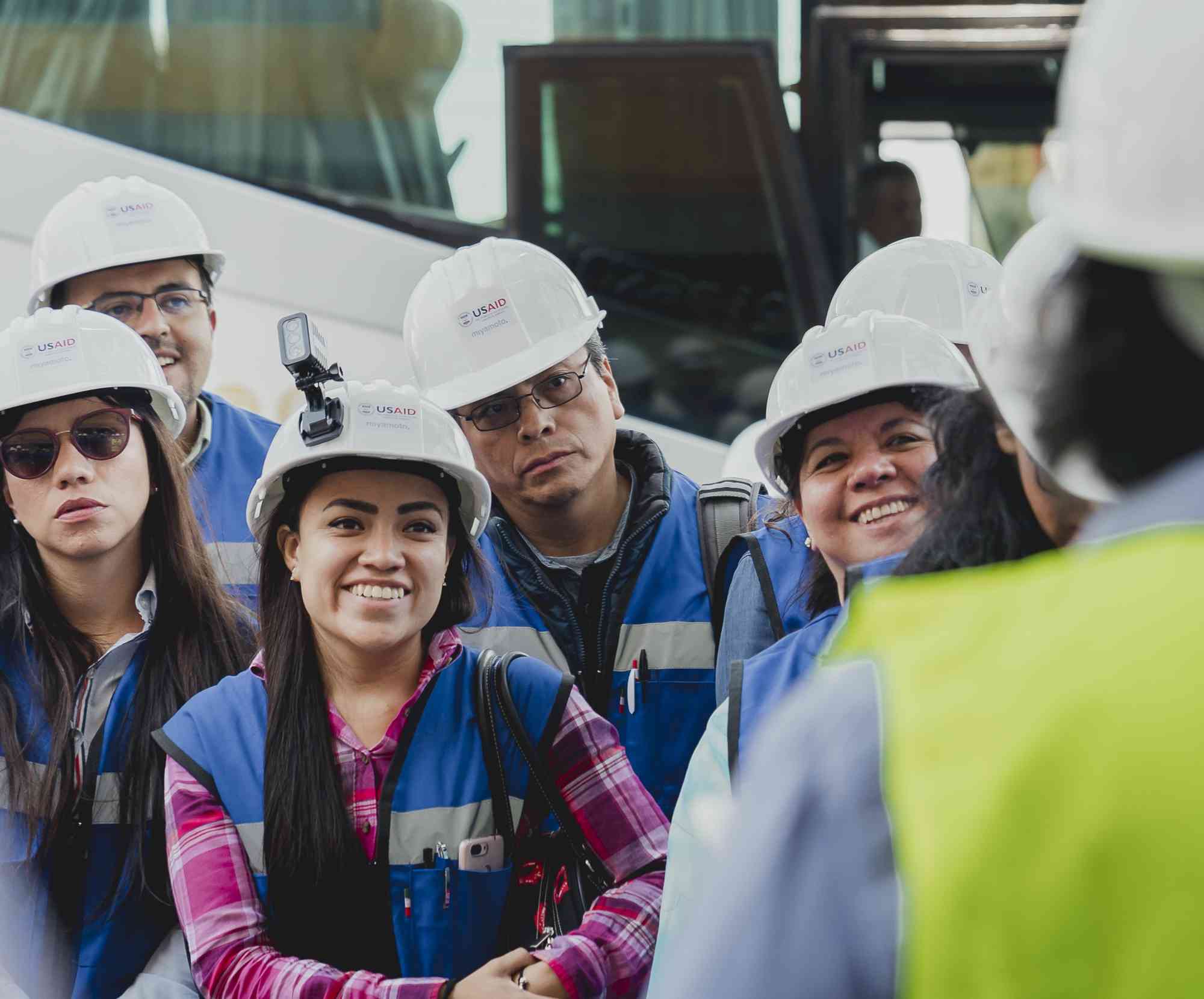Making the World a Better, Safer Place
Miyamoto International is a global, multi-hazard engineering and disaster risk management firm that builds resilience to sustain economies, safeguard communities and save lives around the world.
Description
Miyamoto International is a global structural engineering and disaster-risk reduction firm providing resiliency expertise that sustains industries and safeguards communities around the world. Miyamoto International has served the world for more than 70 years. We are committed to save lives and impact economies.
Our vision is to be the GLOBAL leader in structural engineering, earthquake resilient engineering and disaster risk reduction. We want to take bold actions to fortify business, enrich communities and safeguard humanity. And, we aim at positively impacting society as a 1,000-person firm with business units strategically positioned around the globe.
We are experts in earthquake-resilient engineering that reduces damage and facilitates disaster recovery. We design new construction and assess existing buildings to address specific vulnerabilities to disasters. We prioritize solutions that limit damage, business interruption and loss of life.
Our work builds resilience through local capacity development with our technical and programmatic team acting as a catalyst to support local leaders and institutions. We lead with world-class technical inputs while assisting countries and communities in turning that data into critical decision making by providing a unique and timely platform for country-led interventions.
Our expert services can be deployed to meet community needs and brought together to tackle the complex challenges inherent in pre- and post-disaster and post-conflict environments. Built on decades of earthquake and structural engineering experience in the field, our expertise supports how countries and communities address the economic, political, socio-cultural, sustainability and technical challenges involved in risk reduction and post-disaster recovery.
Miyamoto has more than 23 offices strategically located worldwide in regions vulnerable to disaster. We have responded to more than 100 earthquake and hurricane events.
Did the Sendai Framework change or contribute to changes in your activities/organization? If so, how?
The Sendai Framework changed the focus from disaster management to risk management. Key to this effort is the promotion of the resilience of new and existing infrastructure, including water, transportation and telecommunications infrastructure, educational facilities, hospitals and other health facilities, to ensure that they remain safe, effective and operational during and after disasters. Miyamoto International supports the Sendai Framework with structural, non-structural and functional disaster risk prevention and reduction measures in building facilities.
What led you to make this commitment/initiative?
What was your position before making this Voluntary Commitment / prior to the Sendai Framework?
Miyamoto is a technical leader and trusted global partner in preparedness, mitigation, response and recovery. We are passionate and very committed to make the world a better, safer place. The purpose of this work is to save lives and impact economies. Our businesses are strategically located worldwide in earthquake-prone regions.
Our company also runs Miyamoto Relief for applying engineering expertise to sustain life in at-risk communities around the world. Our focus is on seismically upgrading schools to safeguard the lives of the most vulnerable children. Miyamoto Relief also works to preserve cultural heritage and historic structures.
We are also motivated by the call of the Sendai Framework for building better from the start to withstand hazards through proper design and construction, including the use of the principles of universal design and the standardization of building materials; retrofitting and rebuilding; nurturing a culture of maintenance; and taking into account economic, social, structural, technological and environmental impact assessments.
Deliverables and Progress report
Deliverables
Deliverables are the end-products of the initiative/commitment, which can include issuance of publications or knowledge products, outcomes of workshops, training programs, videos, links, photographs, etc.
Businesses of all sizes are the engines of the economy and the drivers of innovation. They contribute to social stability and support jobs. They are also critical to disaster risk reduction, response, and reconstruction. After a disaster, governments and relief agencies coordinate with businesses to supply aid, support lifesaving distribution, remove debris and provide reconstruction materials, among other recovery services.
Miyamoto’s initiatives bridge the gap between private sector and disaster management authorities and ensure business priorities and resources are mapped, leveraged and integrated into response plans to ensure both preparedness and business continuity.
When Miyamoto deploys our engineers and technical specialists in the days after a disaster, local governments are often overwhelmed by the scope of the emergency.
The firm’s experience gained working in post-disaster environments enables Miyamoto conducts risk assessments and shares best practices in order to develop and implement effective response, early recovery and long-term risk mitigation plans.
Miyamoto is sought out for our approach to evaluating the economics of resilience. We quantify the benefits of investing in strengthening homes, businesses, and infrastructure – or better yet, of building disaster-resistant structures the first time around. Our expert engineering team specializes in carrying out cost-benefit analyses to guide and prioritize investment in risk mitigation strategies by determining the most feasible and impactful interventions within budget.
